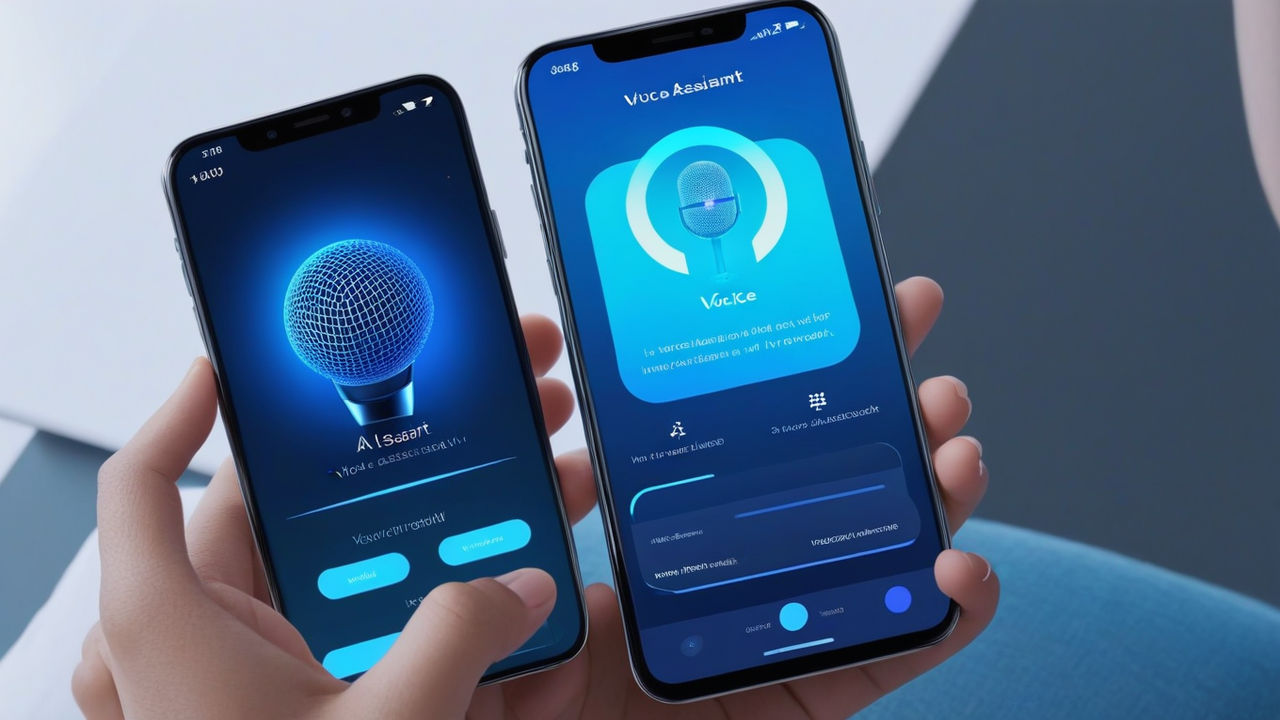Integrating AI-Driven Voice Assistants: Elevate Mobile App Interactions Today!
In today’s fast-paced digital world, AI-driven voice assistants are transforming mobile apps. They offer a hands-free, intuitive user experience that not only boosts engagement but also sets a new standard for interaction. Integrating these intelligent tools into your mobile app can redefine user experience and improve functionality, making apps more personalized and accessible.
With the rapid growth of AI and voice technology, businesses are keen to incorporate these features into their apps. But how can developers create seamless, AI-powered voice assistants that enhance user interactions? In this guide, we’ll explore strategies and best practices to successfully integrate AI-driven voice assistants into mobile apps.
The Role of AI in Voice Assistants
Voice assistants powered by AI are no longer just fancy add-ons; they’re essential tools in mobile app development. These assistants use machine learning, natural language processing (NLP), and cloud-based services to understand user commands and provide accurate, timely responses. By implementing AI-powered solutions, apps can offer a more interactive and engaging experience.
Voice assistants also learn from user behaviors, making them smarter over time. This evolving intelligence ensures that the user experience keeps improving, keeping app users satisfied and engaged.
Benefits of AI-Driven Voice Assistants in Mobile Apps
Integrating AI-powered voice assistants into mobile apps brings many benefits:
- Increased Engagement: Users are more likely to engage with an app if they can control it using voice commands, making tasks easier and faster.
- Accessibility: Voice assistants make apps accessible to a broader audience, including users with disabilities.
- Personalization: AI can tailor responses and app behavior based on past interactions, making the experience unique for each user.
Incorporating AI voice assistants can transform your app into an intuitive tool that users rely on every day. Discover AI-Powered Personalization to make your app stand out.
Key Steps to Integrate Voice Assistants
To create an effective voice assistant, developers need to follow these steps:
- Choose the Right AI Platform: Use platforms like Google Assistant, Amazon Alexa, or Siri to power your voice assistant. These platforms offer APIs and SDKs that simplify integration into mobile apps.
- Implement Natural Language Processing (NLP): Ensure the voice assistant can understand and process user commands accurately. NLP models like GPT, BERT, and others can help your assistant recognize various dialects, accents, and intents.
- Train Your Assistant: Continually train the assistant using real-world data to enhance its understanding and accuracy over time.
By following these steps, you can ensure a smooth integration of AI voice assistants that not only enhance user interaction but also Boost Mobile Performance for a seamless experience.
Challenges to Overcome
Integrating AI voice assistants comes with challenges:
- Complex Commands: Understanding and executing complex commands can be tricky.
- Privacy Concerns: Users may be hesitant to use voice assistants due to privacy concerns. Ensure your app complies with data privacy regulations like GDPR.
Overcoming these challenges is crucial for successfully launching a voice assistant in your app.
Best Practices for Integrating AI Voice Assistants
- Keep It Simple: Ensure your voice assistant can handle simple, common tasks before introducing complex functionalities.
- Optimize for Speed: Users expect fast responses from their voice assistants. Optimize your app’s backend for real-time interaction.
- User-Centered Design: Design your app with the user in mind. Create easy-to-navigate menus and clear voice prompts to guide users through voice interactions.
To maximize success, integrate voice search optimization to enhance your app’s discoverability.
The Future of AI Voice Assistants in Mobile Apps
As AI continues to evolve, the future of voice assistants looks promising. Future developments could include more personalized interactions, smarter responses, and better integration with IoT devices. With these advancements, developers can create next-level mobile apps that cater to user needs in innovative ways.
By integrating AI-driven voice assistants today, developers can future-proof their apps and provide unmatched user experiences. As the technology evolves, it will bring new possibilities for enhancing user interactions.
Discover more from Just-CO
Subscribe to get the latest posts sent to your email.




